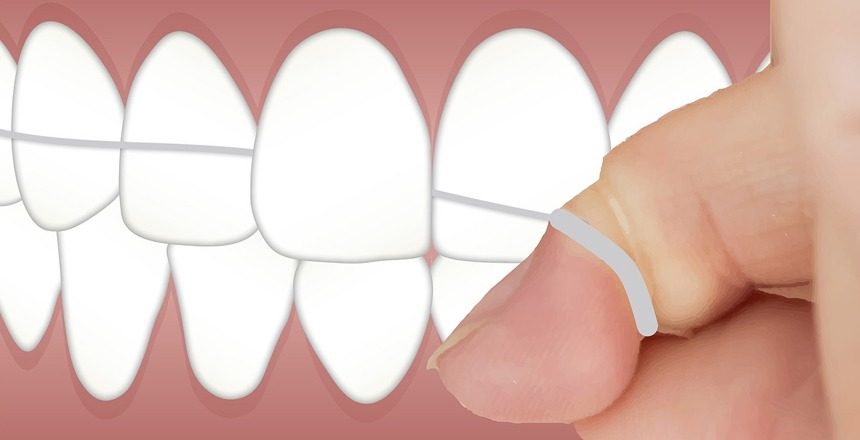In dentistry, the mantra is “floss, floss and more floss.” When it comes to flossing your teeth, there are just too many benefits to ignore. Brushing is just not enough to keep good oral health and to keep the rest of your body healthy. Remember, regular flossing is good prevention.
The Advantages of Regular Flossing for Your Teeth and Gums
Regular flossing prevents the buildup of plaque and tartar. Regular flossing helps prevent tooth decay and helps prevent gum disease. Unhealthy gums can increase the need for needing a root canal and increase the development of tooth decay. Just because your teeth look clean in the mirror, doesn’t mean that they are. Keep your smile healthy with regular flossing.
Often, leftover food is hidden between your teeth and resting on your gums. Your toothbrush doesn’t remove everything. Keep your teeth and gums clean by flossing twice a day. This way, you reduce the chance of getting gingivitis. Flossing your teeth will remove plaque and food particles and is essential at any age. Plus, when food gets stuck in your teeth and gums, it feels uncomfortable. With flossing, you’ll get relief.
And clinical studies have shown that flossing your teeth along with brushing is better. Those who brushed and flossed twice a day had 38 percent fewer bleeding gums.
The Advantages of Preventing Heart Disease by Flossing
More and more, the medical community is linking periodontal disease to an increased risk of heart disease. It is believed that bacteria from your mouth can adversely affect your cardiovascular health. Researchers also believe that mouth infections can cause blood clots and slow down the blood flow to the heart.
Flossing and Eating
Even though it may not be convenient to floss your teeth during the day, do it anyway. Flossing after a meal will help ensure good dental hygiene. Even when you snack, you should floss again. Keep in mind that even healthy snacks like dried fruits and pretzels can stick between your teeth. Dried fruits also have a lot of sugar, so get rid of it. It’ll decrease your chance of tooth decay.
And just because you have sensitive gums, braces or dentures shouldn’t prevent you from flossing. If you have sensitive gums, just go with a smooth dental floss. You shouldn’t feel any pain with a smooth dental floss. Use a specialized floss if you have braces or dentures. This type of floss has a stiff end that can be thread through spongy components and wires.
If you’d like more tips on maintaining a healthy smile, visit us at Chesterfield Family Dental in Springfield, MO. We’re the dentist in Springfield who offers dental treatment for the whole family. Call us today @ 417-888-0771.

